You are here
Back to topSri Lankan Pineapples Granted China Market Access
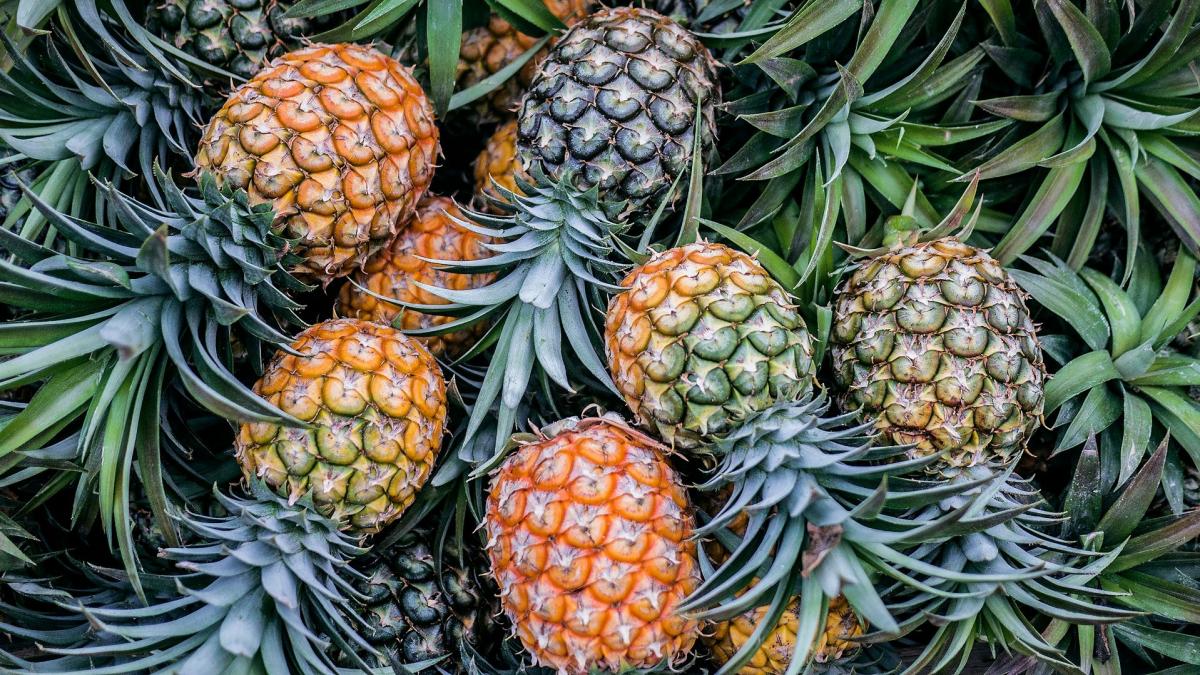
On April 1, the General Administration of Customs of China issued an announcement outlining the phytosanitary requirements for importing fresh pineapples from Sri Lanka. Pineapples are the second fruit from Sri Lanka to gain market access to China, following bananas, which were granted approval in 2015.
The most common pineapple variety in Sri Lanka is the Mauritius (“Queen”) pineapple. This fruit is known for its conical shape, spiny leaves and golden yellow flesh, and its rich aroma and sweet taste make it ideal for fresh consumption.
Despite Sri Lanka having over 100 kinds of edible fruits, the local agricultural sector is underdeveloped, resulting in significant post-harvest losses, low yields and a failure to meet international quality standards. Although Sri Lankan bananas were approved for export to China almost a decade ago, actual shipments remain almost nonexistent.
In May 2023, the United Nations Food and Agriculture Organization’s South–South Cooperation program launched a new project in Sri Lanka with a budget of $1.5 million. The initiative aims to improve the production and commercialization of Sri Lankan fruit value chains, enhance fruit quality, and increase the sector’s market value. Over the course of two and a half years, the project will be implemented across five regions in Sri Lanka, focusing on improving the production, yield and commercialization of three important local fruit crops: bananas, mangos and pineapples.
The GACC announcement details the quarantine pests of concern, which include the giant African snail (Lissachatina fulica), cotton thrips (Frankliniella schultzei), papaya mealybug (Paracoccus marginatus), obscure mealybug (Pseudococcus viburni), brown soft scale (Coccus hesperidum), cockspur grass (Echinochloa crus-galli), East African couchgrass (Digitaria abyssinica), tomato spotted wilt orthotospovirus and Dickeya dadantii, a bacterium responsible for soft rot.
According to the phytosanitary protocol, orchards intending to export fresh pineapples to China are required to establish a comprehensive quality management and traceability system under Sri Lankan supervision as well as implementing good agricultural practices and integrated pest management techniques. During the packaging process, procedures such as manual sorting, screening, scrubbing or high-pressure water jet cleaning must be used to ensure that the fruits and crowns are free from potential contaminants such as insects, mites, snails, rot, grass seeds, plant residues and soil.
In the first two years after the commencement of trade, Sri Lankan authorities are required to take samples of each shipment, inspecting no less than 2% of each batch. If no phytosanitary issues arise within this two-year period, the sampling proportion may be reduced to 1%. However, if any quarantine pests of concern are detected, the entire batch may not be exported to China. Moreover, depending on the situation, the relevant orchards and packaging plants could be suspended from exporting pineapples to China for the remainder of the export season. Sri Lankan authorities must also make efforts to identify the underlying causes and take effective measures, as well as maintaining records and providing them to Chinese authorities upon request.
Image: Unsplash
This article was translated from Chinese. Read the original article.




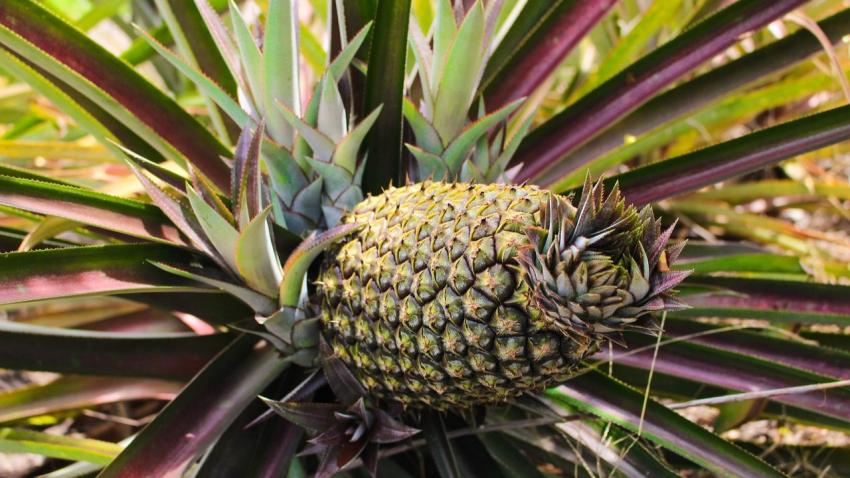
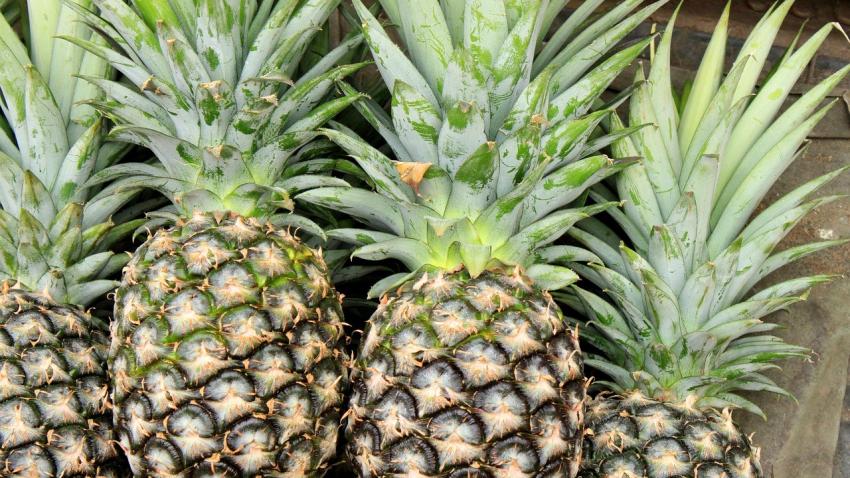
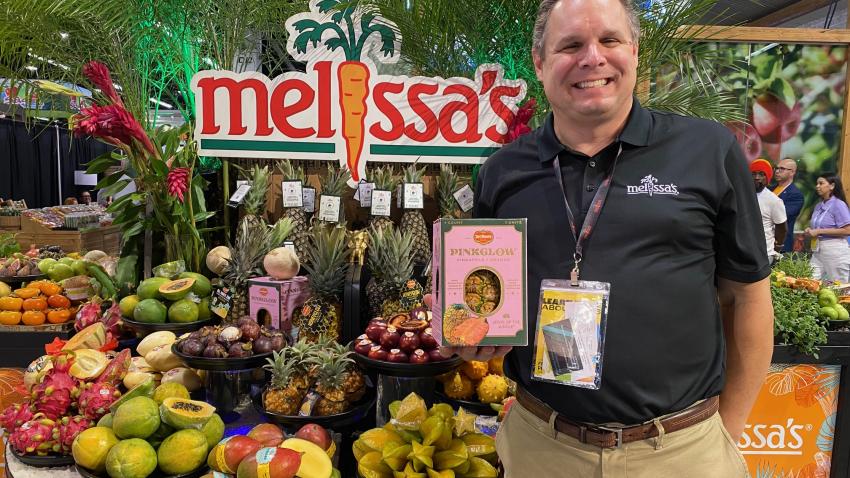
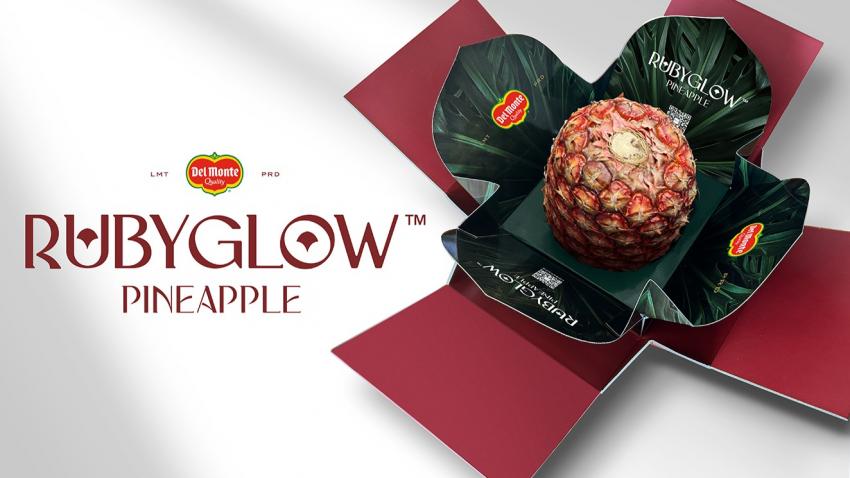








Add new comment